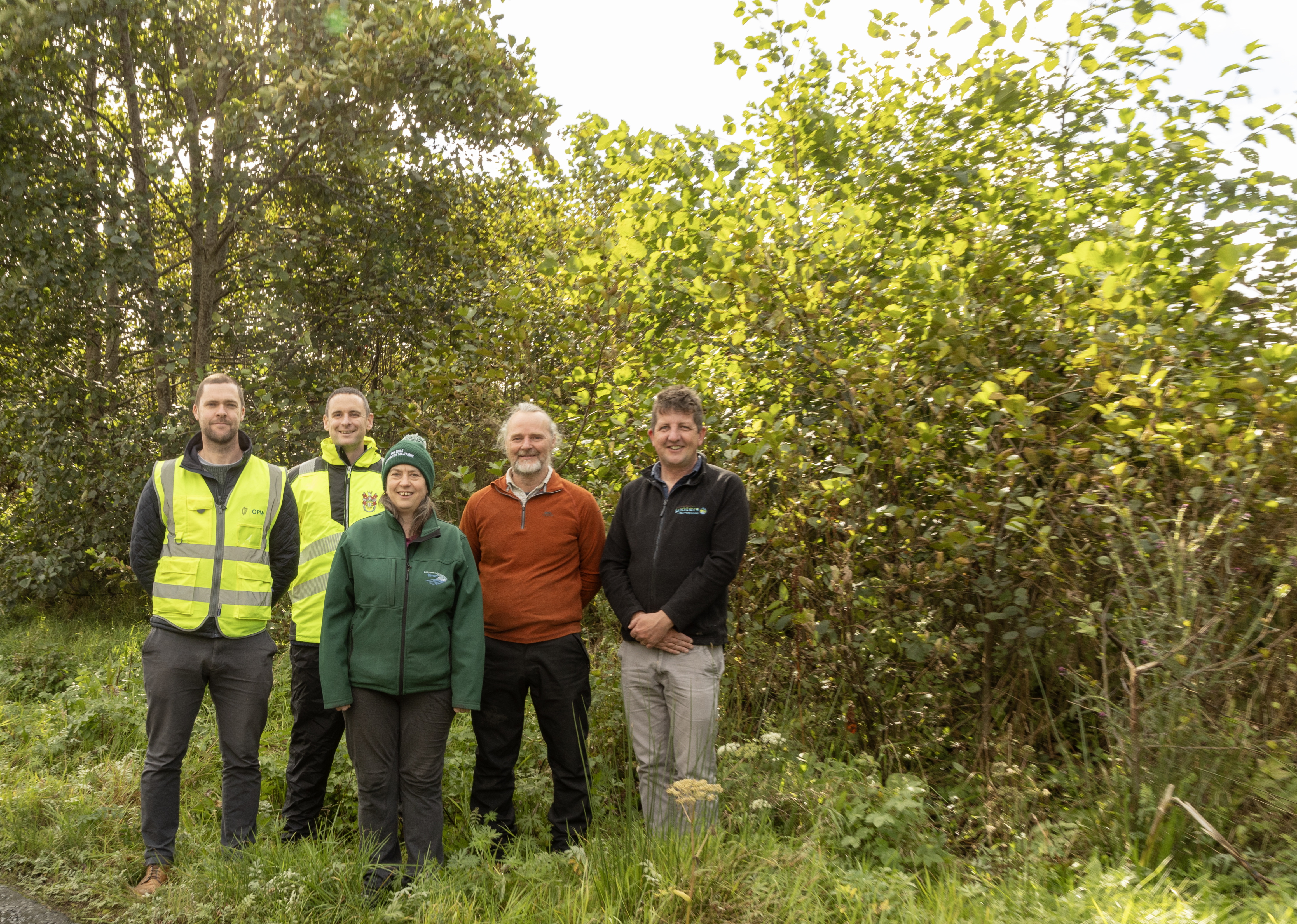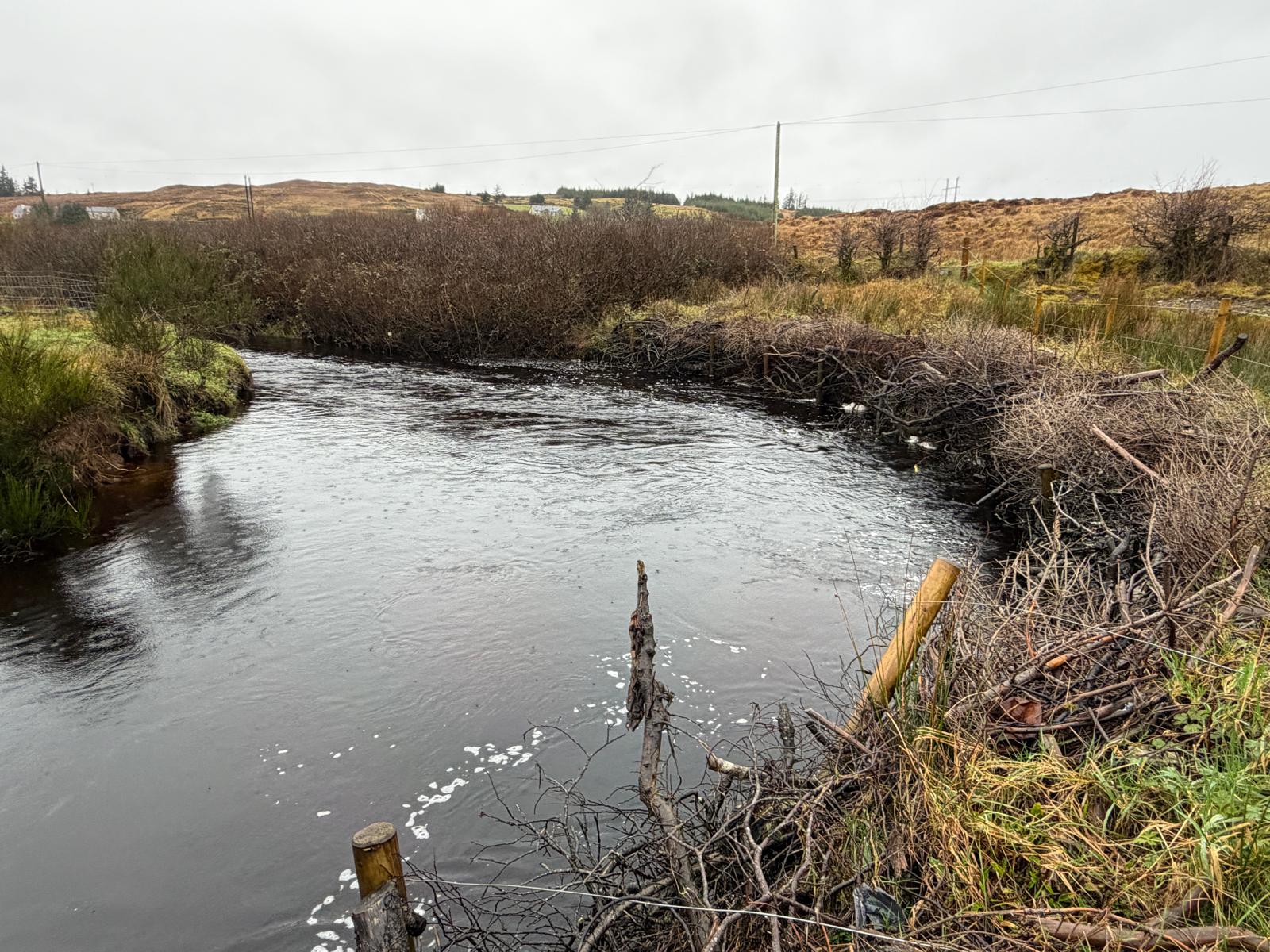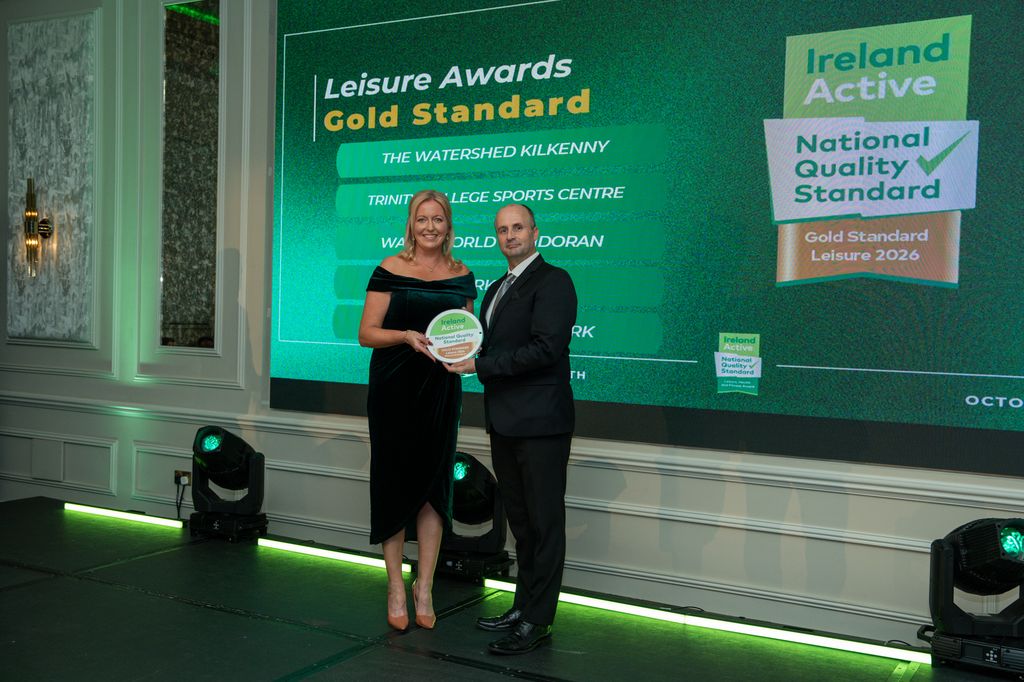Date: 15 May 2025
Success of bespoke organic compost in treatment of Japanese Knotweed

Japanese Knotweed (Reynoutia japonica) is an herbaceous perennial native to East Asia. Commonly found on volcanic slopes, its extensive root system allows it to quickly reemerge following eruptions, producing large amounts of nitrogen-rich leaves and carbon-heavy stems. As these decompose, they contribute to new soil formation. Knotweed can grow in a variety of soil types, habitats, and pH conditions but tends to favour disturbed, low diversity, bacterially dominated soils with little organic matter and high light exposure.
In Ireland, knotweed is considered an invasive alien species (IAS) and each year it costs the Irish State and private individuals significant sums to treat and mitigate its impact. It is frequently treated with glyphosates (e.g. Roundup) to control spread. Glyphosates are non-selective and if incorrectly managed can impact adjacent plants and the biosphere more generally.
In 2021, Donegal County Council teamed up with Inishowen Rivers Trust and KPM Soils to pilot at small scale an experimental treatment of knotweed utilising a bespoke organic compost.
In 2022 with the support of the Office of Public Works and LAWPRO, the pilot was expanded. With the new partners onboard, a successful application titled KNOT (knotweed novel organic treatment) was made to the highly competitive Public Services Innovation Fund (PSIF).
The KNOT project included six sites total, five in Inishowen and one in Letterkenny Town Park. With Dr Trish Murphy PhD in the Inishowen Rivers Trust looking after project management and reporting, the scientific and operational lead on the ground for the project was KPM Soils, led by Kevin Moore and Dr Claire Moore PhD.
The treatment method utilises KPM Soils expertise on soil regeneration to establish soil conditions which are less favourable to IAS such as knotweeds and more conducive to native species. Specifically, KNOT aimed to assess the impact of increasing fungal communities in the soil, enhancing organic matter, and providing shade through dense tree planting. Increasing the fungal component of the soil promotes higher ecological succession, creating conditions that may inhibit knotweed growth.
Treatment and monitoring continued on the pilot sites through 2023 and 2024 with promising results achieved on most of the sites. There have also been challenges, particularly regarding hedge cutting activities. Unfortunately, though the pursuit is usually well-meaning, it has unwittingly impacted the cover planting which was placed as part of the treatment process and increased the ongoing risk of knotweed spread.
However, challenges aside, the treatment has shown great potential, and it is hoped to continue the pilot into 2025. Donegal County Council is also exploring the possibility of implementing the treatment method at other strategic sites impact by knotweed within the county.



